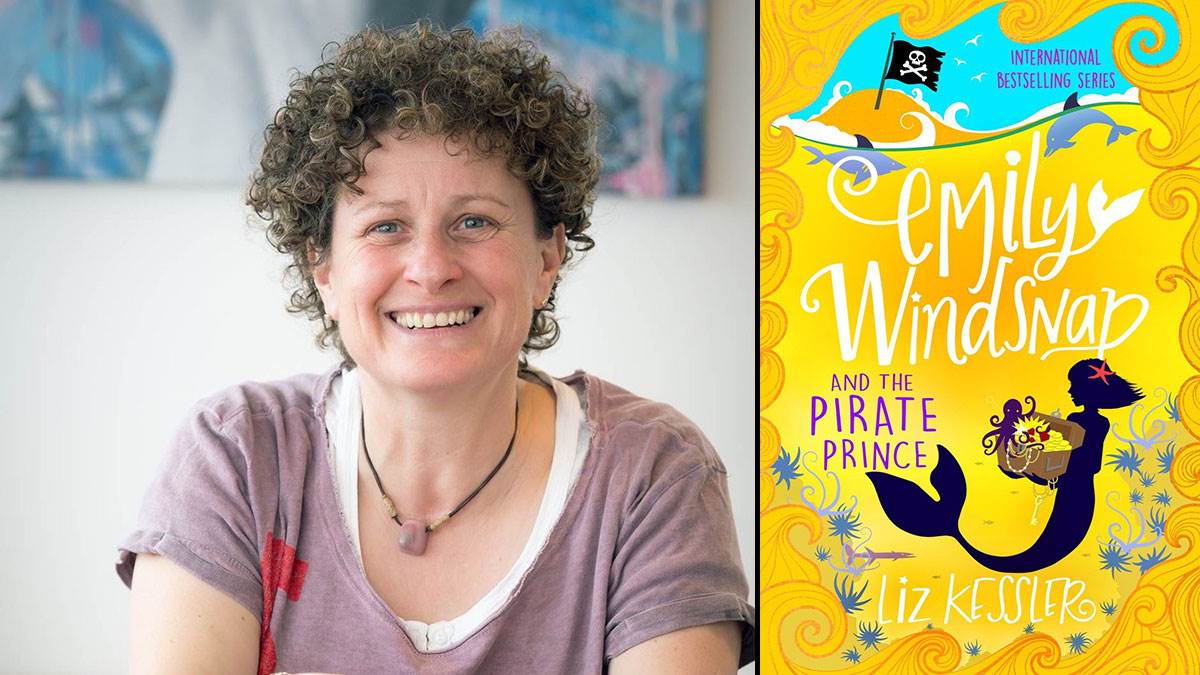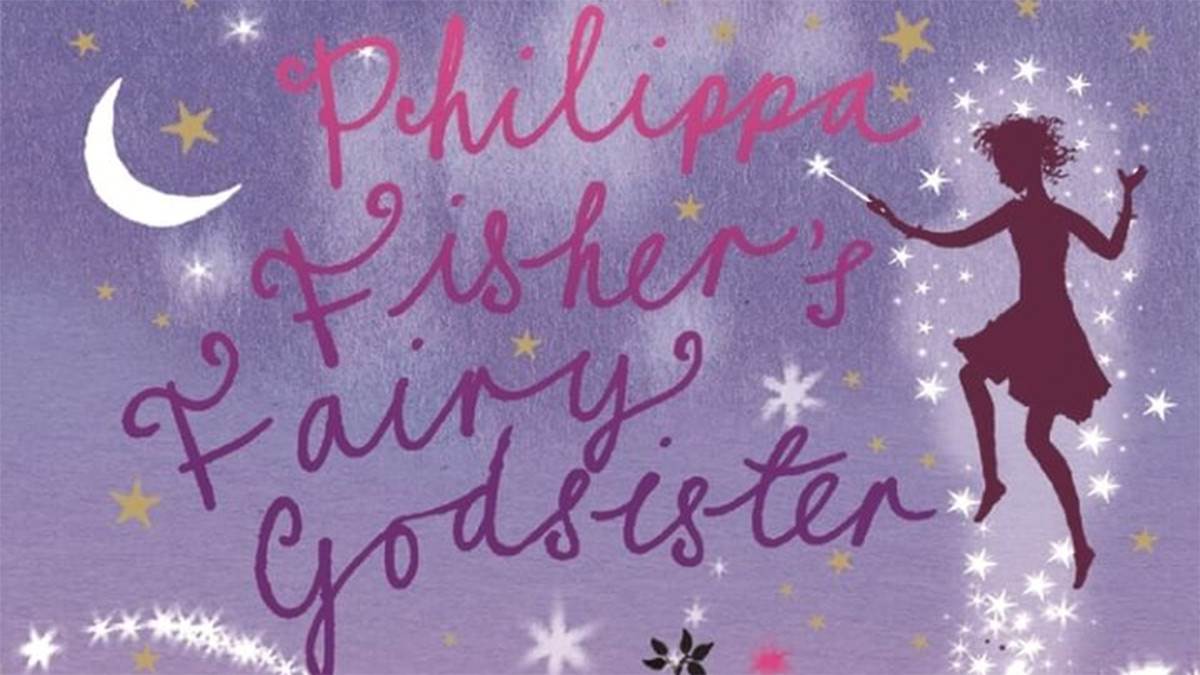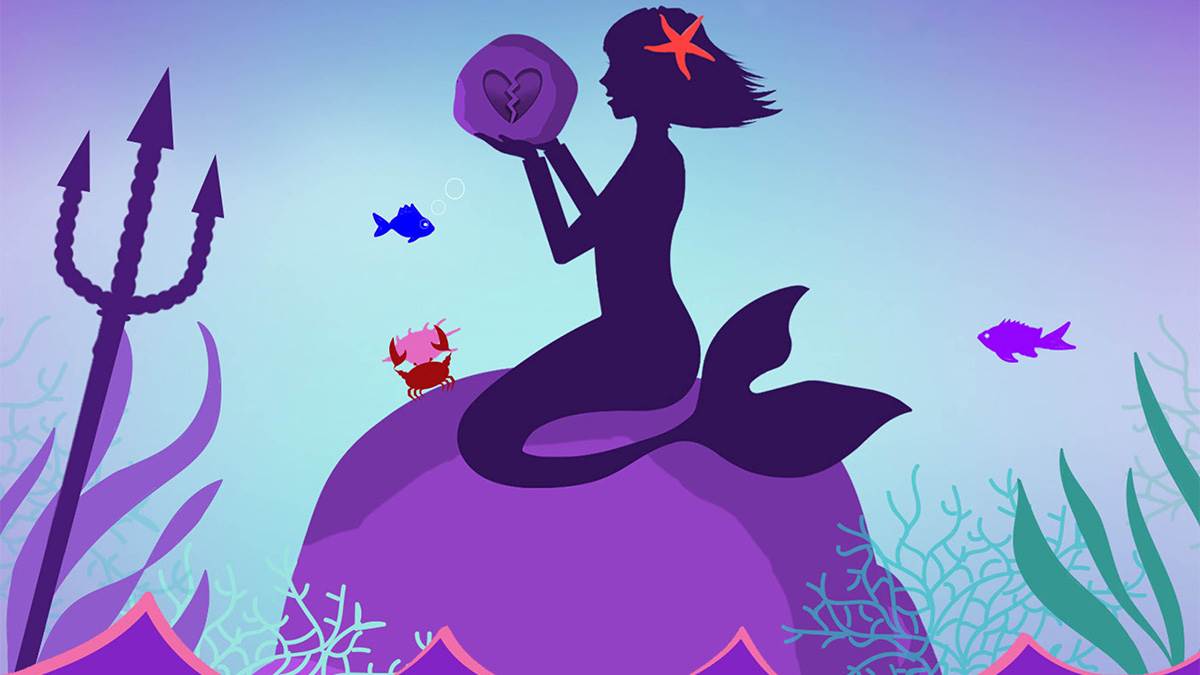How books can hold hidden messages - that even the authors don't know about
Published on: 01 May 2019 Author: Liz Kessler
Emily Windsnap author Liz Kessler thought she was just writing books about a mermaid - but then her brother pointed out that they had another layer that she hadn't even known about...

A little while after my first book, The Tail of Emily Windsnap, was published, I was having a conversation with my brother.
'You know what Emily Windsnap is all about of course, don't you?' he said to me.
'Yes. I wrote it. It's about a girl who becomes a mermaid,' I replied.
'No, no, no, no, no,' my brother went on. 'It's about a girl coming out as gay.'
'Um. I'm pretty sure it's about a girl who becomes a mermaid,' I insisted. But as he's my brother, I indulged him and let him tell me his theory.
'A girl discovers a part of herself that she didn't realise was there,' he said. 'She's afraid that people will call her names. She wonders how to tell her mum who she really is. She stands up in Neptune's court, insists that his laws are unfair and demands that people should be allowed to marry whoever they want!'
I stared at my brother for a moment. And then I realised he was right.
Not that the book is, in itself, anything to do with sexuality. It isn't. I am still right. It is a book about a girl who discovers that when she goes in water she becomes a mermaid. That's it. Fact.
But what I realised in that moment was that the issues that concerned me – as someone who had a decade earlier come out myself and who had always cared deeply about justice – had somehow sneaked into the book, in a metaphorical, allegorical, only-if-you-know-they-are-there kind of way.
It was the first time this happened, but it would be far from the last.
Discovering the hidden messages

Illustration: Sarah Gibb
In my second Emily Windsnap book, I thought I was writing about a sea monster. It was called Emily Windsnap and the Monster from the Deep, so you'd think that this was a safe guess. But no - it turned out I was writing about bullying and friendship and forgiveness.
In Philippa Fisher's Fairy Godsister, I discovered (after several people told me) that I was writing about the importance of being happy in your own skin, and learning to accept the people you love for who they are.
And so it went on. Every book I wrote, whether it was about mermaids, fairies, superpowers, pirate dogs – whatever – I never felt I could say with total confidence what it was really about until after it was published and someone told me.
And in a way, that's how it should be. I have never had the desire to write a book specifically dealing with an issue. For me, the characters and the story come first. If I were to approach writing issue-first, I believe it would kill the story flat. It would be contrived. It would no longer be a relationship with my characters; it would feel as though I were using them as a vehicle for my underlying beliefs – and I have never had the desire to do that.
But no matter what I do, the underlying beliefs find their way into the books anyway. And when you think about it, that makes sense.
I spend a year writing a book. Each one comes from my heart, my passion; it consumes my thoughts; it is like a part of me that I carefully draw out, piece together and share with the world. It's bound to be filled with things I care about!
And actually, I've become better at spotting it.
Figuring out the meanings myself

Illustration: Lisa Horton
My seventh Emily Windsnap book, The Falls of Forgotten Island, came out last year and I felt quite pleased with myself when I realised – without anyone having to tell me – what this book was about.
It is a book about different communities overcoming fear and doubt of each other, conquering their differences and learning to live together, help each other, break down barriers. Looking around at the state of the world right now, it's not hard to see the kind of issues that influenced it.
And in my new book, Emily Windsnap and the Pirate Prince, Emily is taken prisoner in what can only be described as a man's world. A world of pirates and posturing, of battles between brothers, of competitive shows of strength and layer upon layer of machismo and bravado.
Within this world, Emily finds a boy who needs her to help him find a different way of becoming a man. She finds girls who live outside of society's rules, who can beat any man in a fight and aren't afraid of anything or anyone.
This time, I'm ahead of the game. The book isn't even out yet and I know what it's about. It is about Emily coming of age.
It is a reflection of the times we are living in, women standing up to men who have bullied and belittled them, girls discovering they can be whoever they want and they can do anything the boys can do. And it's about boys challenging the assumptions about how they should behave, too.
It is about Emily growing up and becoming a fierce feminist role model for girls and young women – and I feel like a proud parent.
Don't get me wrong. None of this is stamped overtly across the pages, and I imagine many readers won't even know it's there (as I didn't until I'd finished writing it.) It's still a swashbuckling adventure on the high seas and, of course, at its heart it is a book about friendship and love and loyalty. That is what the Emily Windsnap books are always about at their core.
But there's a little spark here that I hope will ignite and inspire girls (and boys) who need it. I hope that Emily helps her readers to feel a little bit braver, a little bit stronger, a little bit happier in their own skin.
Because over the years I've been writing her stories, she's certainly done that for me.






Add a comment